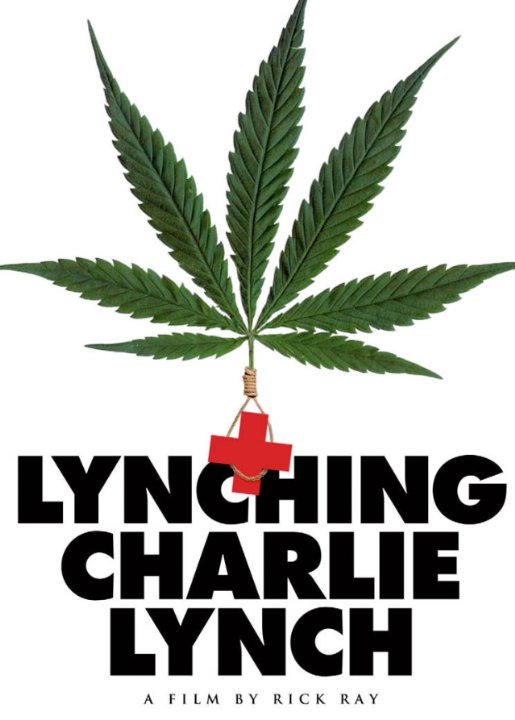Not everyone is lucky enough to hear from the director himself after viewing his film or be able to ask him questions. The people who attended the Petaluma Film series on Nov. 6 hosted at the SRJC Petaluma campus were.
After a screening of his documentary film “Lynching Charlie Lynch,” director Rick Ray spoke about how he felt about the issues, the shooting and editing process, and advice for up-and-coming documentary filmmakers. Unable to come in person, the Q&A was instead hosted via Skype.
“Lynching Charlie Lynch” follows the life of Charlie Lynch, who opened a medical marijuana dispensary in Morro Bay, Calif. with the blessing of the city council and mayor. However, the sheriff’s department began watching him for, looking for a way to shut him down. After a year of not finding any State law violations, the sheriff called in the DEA because selling weed is still illegal at the federal level. The film follows the story from Lynch beginning to sell pot to his arrest and his trial.
Director Rick Ray was not drawn into this film by the politics of marijuana legalization. “Before, I didn’t have a strong opinion. I was pretty ambivalent at the marijuana movement,” he said. Ray said what drew him in was Lynch himself. “He just tried to do this right. The sheriff had a grudge against him. I can not believe we treat petty criminals like this,” he said.
Ray interviewed as many people as he could: people from the community, Lynch’s friends and relatives, the mayor of Morro Bay, politicians on both sides of the argument and even Lynch’s customers.
“Everyone else [besides a girl who uses medical marijuana] is a Republican. They were mostly all Libertarian. Straight up Republicans fighting for states’ rights. It really crosses the aisle,” he said.
Ray can’t predict when weed would be legalized. “I wouldn’t be surprised if it happened tomorrow. I wouldn’t be surprised if it happened in ten years,” he said.
Ray shot the whole film himself over the course of three-and-a-half years. During the interview segments, he wanted the interviewees look natural. “I want them to look like (they’re in) their own work environment. You put people in as natural [a] work environment as you can show.
Not everyone wanted to be filmed. The director could not get the sheriff for an interview. He also couldn’t get everything on film. “I could not shoot when the sentences were coming down,” Ray said.
The ending scene came to Ray while he and Charlie were filming. “I didn’t know how to end it. We drove past his house foreclosing, moving his stuff in the warehouse,” he said.
Speaking about editing, Ray said, “Your film isn’t edited until you’re sick of it.” He had over 70 hours of footage. He also wanted to move away from traditional narration. “In past movies I used narration. I wanted to move away from that. It is a greater challenge,” he said.
Ray is not a full-time director. He said if he lived off of the money he made from his films, he would be residing in a shack. “This is not what I do for a living. I love what I do, but I’m a stock footage library archivist.”
Though his main focus is filming stock footage and selling it, he did have some advice for beginning documentary makers. “You take a small camera. You don’t take more than one person with you. You become your own crew.”




